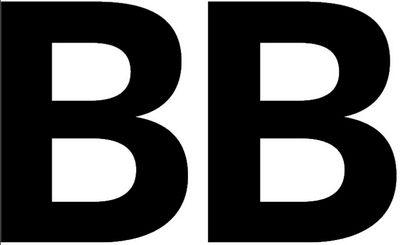Through the years, my tastes in music have shifted. I find myself appreciating genres like Country, EDM, Contemporary, and Jazz more than I had expected, and to some extent my listening habits have changed accordingly.
But no matter how far I branch out, I still find myself drawn to the seemingly low-brow world of hip hop, and particularly up-and-coming rappers.
I’ve gone from J Cole to Big Sean, Macklemore, Kendrick Lamar, Chance the Rapper, Russ, and so on. And the interesting thing is that, almost without fail, I find myself enjoying the artist’s early works more than whatever they come out with after they’ve “made it.”
To some extent, I think it’s fair to say that this bias stems from a contrarian view and a struggle to accept whoever is hot at the moment. There’s something attractive about feeling like you’re ahead of the curve and listening to music that isn’t on every radio station.
But there’s something else at play here.
One of the things that draws me to hip hop is the emphasis on hard work and hustle. Besides the sex, drugs, and violence that the media highlights, my favorite rappers generally represent the attitude of someone who started with little and had to make their own way. They bring the blue-collar attitude that is sometimes missing from typical suburban life.
I felt this in the early music of each of the artists mentioned above. They wrote about the grind and the hustle to get their shot.
But as soon as the first big payday hit, things started to change. Lifestyles and priorities quickly adjusted, and soon, I stopped seeing the similarities between my own struggle and those of these world-class artists.
That’s not to say I don’t still appreciate some of their music, but it just isn’t the same. And it likely never will be.
I’d imagine these artists would rather have it this way than to have never made it at all, but it brings up an interesting point. Even in our own, likely much more private lives, it’s worth making note of the advantages we might have because of our current situation.
Things like youth and inexperience can be seen as shortcomings, but they also make us relatable. Every bigshot Director and CEO has been there. They were once the new person who didn’t know what they were doing. They know what it feels like.
The same can’t be said the other way around.
-Brandon
